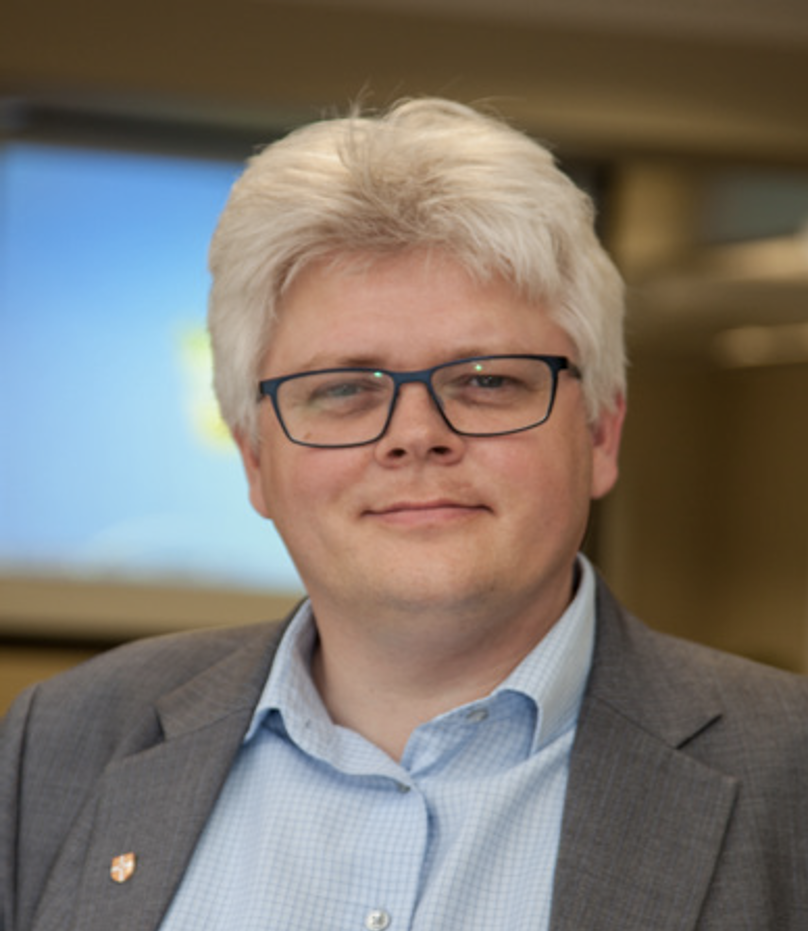Gulf nations are working on transforming their societies and economies from oil and gasbased economies to knowledge-based societies. Ultimately, their goal is to equip their nationals to be in charge of these knowledge-based societies. This effort is clear from the great strides Gulf nations have taken in recent decades to strengthen their capacities in education and research. This workshop will explore the role of transnational knowledge relations through universities, think tanks, international experts, and corporations with an emphasis on promoting the mobility of human capital between the Gulf and the West for developing knowledge-based societies and economies in the region. The workshop will result in an edited book, which will focus on the centrality of transnational networks for 2 intellectual exchange and talent mobility in the Gulf and of the importance of transnational knowledge exchange networks for socio-economic development.
3 DAYS / 12 Workshops
MORE THAN 300 ACADEMIC PAPERS
Objectives and scope of the panel
The objectives and scope of the panel are to examine the role and potential of
transnational knowledge relations and talent mobility for developing knowledge-based
societies and economies in the Gulf. Gulf societies are working consciously to develop
and diversify from oil and gas natural resource-based economies towards more
innovative, knowledge-based economies. At the same time, Gulf societies are striving to
equip their nationals to participate in this post-industrial economy and take up positions
at all levels, especially knowledge-intensive leadership positions in diverse economic
spheres.
To achieve these aims, Gulf societies have either imported branch campuses from the
West or created institutions of higher education that exhibit strong transnational
tendencies, many of which have cultivated partnerships with American, Western
European, Australian or Canadian universities. These new private, transnational
institutions in the Gulf are of widely varying composition and quality. Among their
characteristics, which is of central concern for the building of knowledge-based societies
and economies, are the transnational relations of these institutions. Recent research on
universities in international politics suggest that some of the most interesting aspects of
universities are their capacities to act as conduits that mediate the transfer of economic,
intellectual, artistic, and political ties across global societies.
Joseph Nye and Robert Keohane in 1971 suggested that transnational relations were
“global interactions” of non-state actors moving information, money, people and goods
across borders. We subscribe to this definition of transnational relations in our work. It is
clear that transnational universities are deeply engaged in such “global interactions” of
moving information, ideas, talent and financial resources between societies. As such, the
organizers of this workshop similarly define transnational knowledge relations as a set of
networks mobilizing knowledge workers, academic institutions, business organizations,
and ideational frameworks spanning national boundaries. In other words, we view
transnational knowledge relations as constituting not only organizations and knowledge
workers, but also the various theoretical frameworks and ideological categories that are
integral to these transnational flows. Research on universities as transnational actors also
demonstrates that such universities may develop very strong relations with a wide range
3
of actors across borders, such as the academics, business elites, civil society,
philanthropic organizations, and political elites. The private, transnational universities in
the Gulf and the wider Middle East are to a varying extent “information and resource
bridges” that facilitate heavy traffic of knowledge, talent, and financial resources in both
directions.
The political economy undergirding the establishment of a knowledge society will also
serve as an important component of this workshop. Nationalization programs with the
stated aim of reducing dependence on expatriate workers are at times in conflict with
initiatives to internationalize higher education as are Emiratization in the UAE and
Qatarization in Qatar. To illustrate this point, very few of the full time faculty at
universities such as Zayed University in Dubai, the American University of Sharjah, or
the American University of Kuwait are Gulf citizens. Therefore, existing labor laws
designed to both facilitate the importation of foreign workers while maintaining control
of the terms of their stay, create suboptimal outcomes for two principle reasons. First,
imported academics very often stay for a short period of time (3-5 years), which prevents
the establishment of institutional memory. Second, by relying mostly on imported
academics, the development of national experts is undermined


